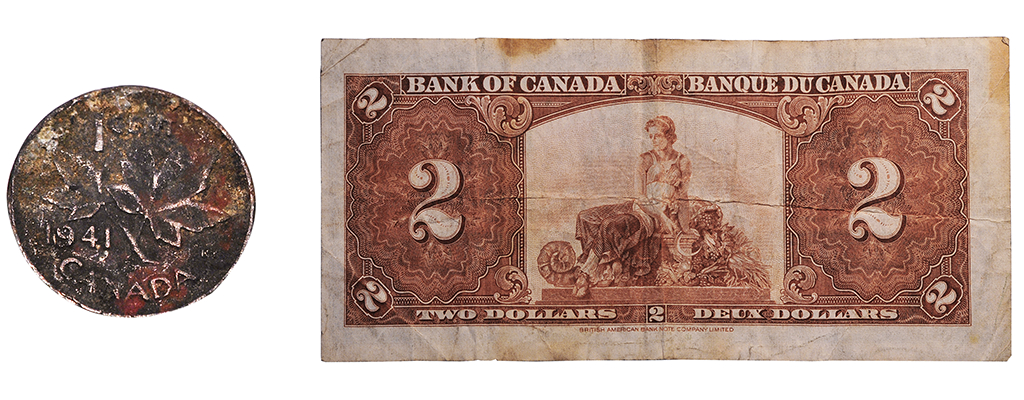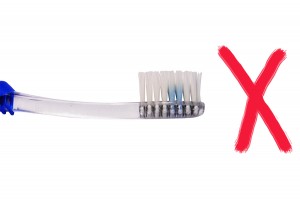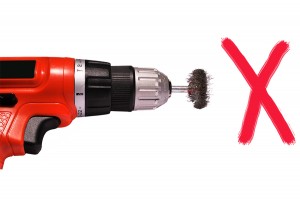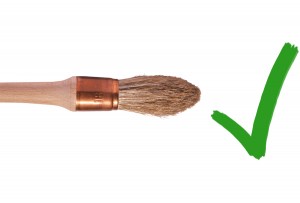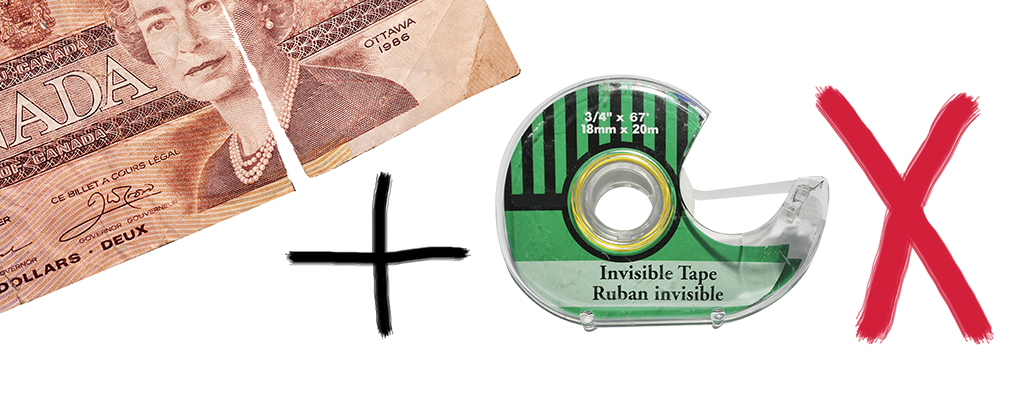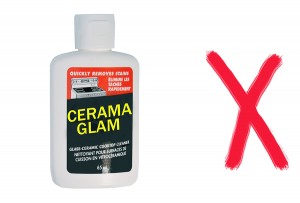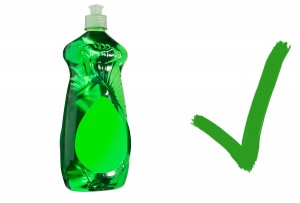Cleaning your collection: In a word: don’t
For you as the steward of your collection, your aim is to preserve the items as best as you can by protecting them from further deterioration. The pros call this preservation. This demands proper storage containers and the removal of objects from agents of risk (see the blog ‘Becoming a Collector II). Surprisingly, what this doesn’t normally demand is cleaning the items.
Resisting the urge to clean your coins and bills may seem counter-intuitive at first, like buying an old sports car and not taking to it with cloth and polish. It’s engrained in us to do such things for objects we care about—often it’s fun, easy and rewarding. That said, the items in your collection are yours, after all, to do with as you please. But, for the greater good of posterity, we recommend you leave your coins and bills pretty much as you found them.
This is especially important if you have a rare object or one you intend to sell. Unless done by a professional, any attempt to clean a coin (apart from careful dusting) may well cause some sort of damage (usually from abrasion). Most dealers and serious collectors will avoid a clean coin for that reason.
Paper money is even more difficult and risky to repair or clean. There are conservators who specialize in paper conservation; it is delicate work requiring specific skills and lots of patience. Do not go near a torn bill with tape of any kind. The best most of us can do is to carefully insert the bill into a sleeve designed for the purpose. Such sleeves will keep the at-risk parts of the bill in place, like securing a newly-set broken arm in a cast. The bill can be viewed and handled like this without risking its integrity.
OK, if you have common coins of small value, it is generally safe to clean them. Ah ah ah! Gently. Surface dirt on coins can be dealt with by submerging them in warm water and liquid dish soap. Preferably, that soap should be free of colourants and scents (look at ‘green’ products). Ideally, the water should be distilled. Later, rinse the coin in clean (hopefully distilled) water and pat dry. Don’t use ceramic or metal cleaning products as they contain abrasives. The scratches they cause may not be immediately obvious to the naked eye, but will be visible under a magnifying glass and will certainly devalue any coin you intend on selling.
The Museum Blog
Whatever happened to the penny? A history of our one-cent coin.
By: Graham Iddon
Good as gold? A simple explanation of the gold standard
By: Graham Iddon
Speculating on the piggy bank
By: Graham Iddon
